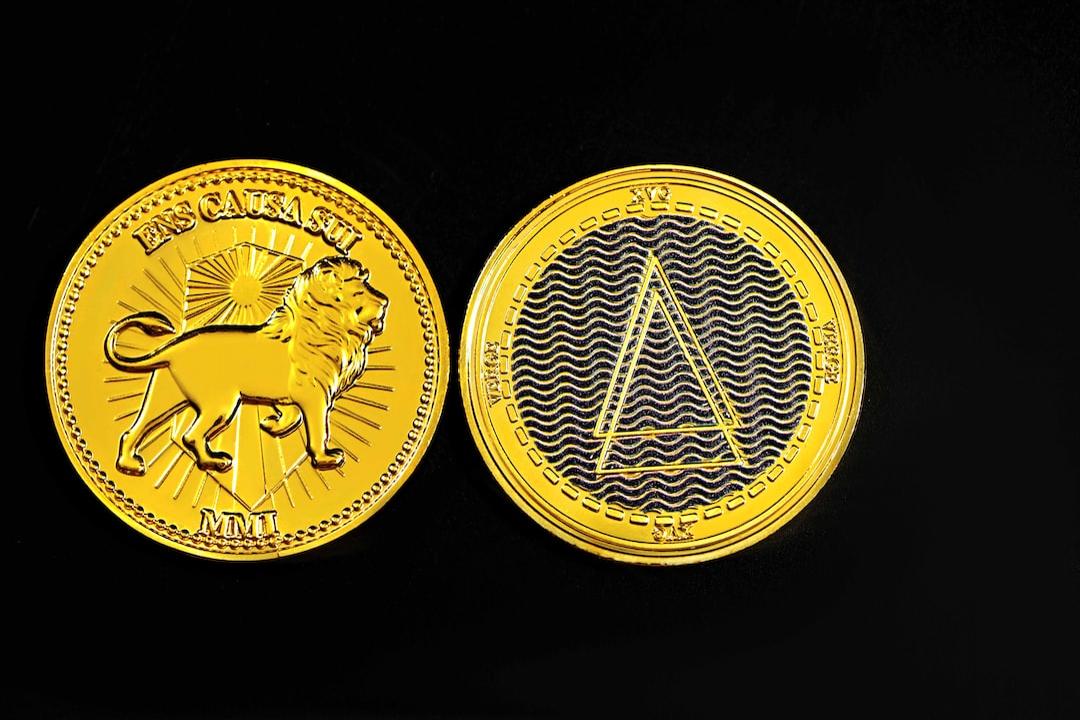State and federal regulators are at loggerheads over Kalshi
The American financial exchange and prediction market that allows users to trade on the outcome of various future events is suing Nevada’s gaming regulators for trying to stop it from offering so-called event contracts to bet on sports and politics.
Kalshi’s stance is that it has every right to decide what types of wagers it can and can’t offer to customers, and if anybody has problems with that, they will have to take it up with the US Commodity Futures Trading Commission (CFTC) because it is a federally regulated derivatives exchange that allegedly falls under its jurisdiction.
Nevada’s regulators beg to differ and have claimed that Kalshi’s contracts violate state rules for sports pools, which must not only be licensed, but also inspected and taxed.
Kalshi threatened with penalties
Kalshi is overseen by the CFTC. However, according to historical precedents, states have always been tasked with regulating the gaming industry in the US. It is a power the Nevada regulators are now fighting to protect.
Earlier this month, the head of the Nevada Gaming Control Board threatened to penalize Kalshi if it offered contracts that sought to “circumvent Nevada’s right to regulate gaming activity within its borders.”
In its Friday lawsuit, Kalshi admitted that it had been unable to reach an agreement with Nevada authorities on the legality of its event contracts. The betting platform has demanded that the court recognize the CFTC as the only agency that can enforce any gambling laws against the firm because it falls under federal regulation.
“Nevada’s attempt to regulate Kalshi intrudes upon the federal regulatory framework that Congress established for regulating futures derivatives on designated exchanges,” Kalshi’s lawyers claimed in the suit.
Kalshi’s derivative contracts allow people to wager on all sorts of events, from who will win the Oscar to the interest rate decisions by the Federal Reserve Board. It expanded its services to include offering bets on sports markets in January.
See also
Crypto mining ban in Russia results in $10 million of lost profits for Siberian utility
The case is KalshiEX, LLC v. Hendrick et al, 25-cv-00575, US District Court, Nevada (Las Vegas).

Kalshi filed a lawsuit against the Nevada Gaming Control Board. Source: Daniel Wallach (X/Twitter)
The case makes Nevada the first state to challenge the rapid rise of sports-based ‘event contracts’
The saga between Nevada regulators and Kalshi has picked up momentum with the filing of Friday’s lawsuit. Before the lawsuit, earlier this month, the regulators asked the betting platform to stop offering derivatives trading on professional and college sports to people in the state by March 14.
That step made it the first state in the US to challenge the rapid rise of sports-based “event contracts” offered by federally-regulated exchanges like Kalshi and Crypto.com, as well as unregulated platforms including Polymarket.
The sites have grown popular and processed millions in sports contracts in the past couple of months, especially since Kalshi and Crypto.com started offering products tied to the outcome of the Super Bowl.
Prediction markets are regulated by the Commodity Futures Trading Commission and they are set up this way so they can offer their products nationwide to traders as young as 18 while sidestepping individual state rules, taxes, age restrictions and other requirements.
These rules usually differ per state, which could cause discrepancies and regulatory conflicts as what is allowed in one state could be banned in another.
According to a March 4 press release shared on Twitter, formerly X, Nevada issued a cease-and-desist order to Kalshi, claiming its contracts violated state rules for sports pools, which are required to be licensed, inspected and taxed.
“Any unlawful attempts to circumvent Nevada’s right to regulate gaming activity within its borders will be met with the full force of criminal and civil penalties,” the Nevada Gaming Control Board chairman Kirk Hendrick promised in the statement.
See also
David Sacks says removing reputational risk from regulatory standards was a win for the crypto industry
“Kalshi is federally regulated by the CFTC,” a spokesperson for the site said in an email. “We have and will always be committed to our regulation-first approach. We just received the NVGCB letter and the team is reviewing it.”
At the time, the company said nothing about complying with Nevada’s request, insisting that it could only be regulated by the CFTC. Regardless of how Kalshi ultimately responds to the demands from Nevada’s regulators, the lawsuit has set a precedent for other states to follow.
The traditional sports betting industry has grown to $15 billion since the 2018 US Supreme Court lifted a national ban. Some forms of sports gambling are now legal in 38 states and Washington, DC, and taxes on gaming operators have emerged as an important source of revenue.
“The Nevada Gaming Control Board’s decisive action on Kalshi reinforces the significant concerns surrounding sports event contracts, including compliance and consistency with state laws,” Chris Cylke, the senior vice president of government relations for the American Gaming Association, wrote in an email.
The Nevada regulator also claims Kalshi’s election contracts violate state rules. The derivatives products allow retail traders to wager on the outcome of nearly any sort of event, but stakes are the highest in the sporting category.
Acting Chairman Caroline Pham has asked the companies to provide more information that can help ascertain whether their sports contracts align with its regulations. She’s also revealed plans to hold a panel to discuss possible regulation of event contracts more broadly, but no date has been announced.
Kalshi wants the issue sorted out as soon as possible and has asked that the hearing be held no later than April 2.
Cryptopolitan Academy: Coming Soon – A New Way to Earn Passive Income with DeFi in 2025.
Learn More

